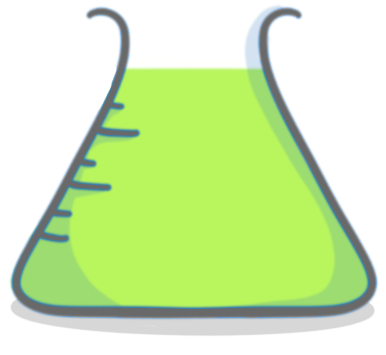Biofuels
This lesson covers:
- What biofuels are
- The pros and cons of biofuel
- Why biofuels aren't really carbon neutral
A big benefit of biofuels is that they can be used in the vehicles that we already have.
Other renewable fuels like solar and wind have to be converted to electricity and so would require entirely new vehicles, which is unlikely to happen any time soon.
plants / fossil / photosynthesis / died / organisms
Biofuels are mostly made from recently living , such as and algae. But they can also be formed from animal waste.
This is in contrast to fuels, which are made from organisms which millions of years ago.
In both cases though, plants and algae can trap the suns energy as part of , and this energy is released when we combust the fuel.
|

What are the advantages of biofuels?
(Select all that apply)
They're renewable
They require a large area of land to grow
They're easy to transport
They can be used in cars
|
What are the disadvantages of biofuels?
(Select all that apply)
They're relatively cheap to make
They require a lot of energy to harvest, process and transport
They require a large area of land to grow
They're renewable
|
What do we mean when we say that 'biofuels are carbon neutral'?
They absorb the same amount of carbon dioxide while growing, as they release when they're burned
They absorb carbon dioxide as we burn them
They don't produce carbon dioxide when we burn them
|
In theory biofuels should be carbon neutral, but in reality they are not.
Why is this?
|